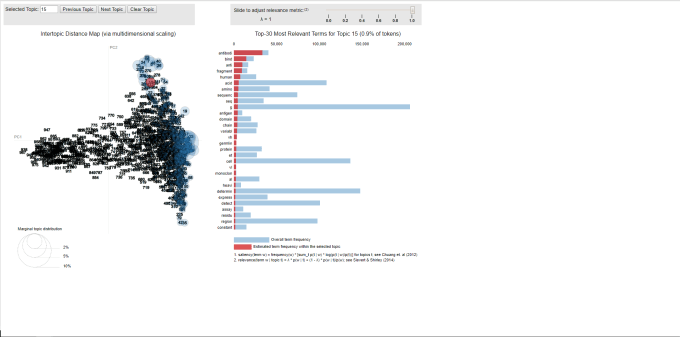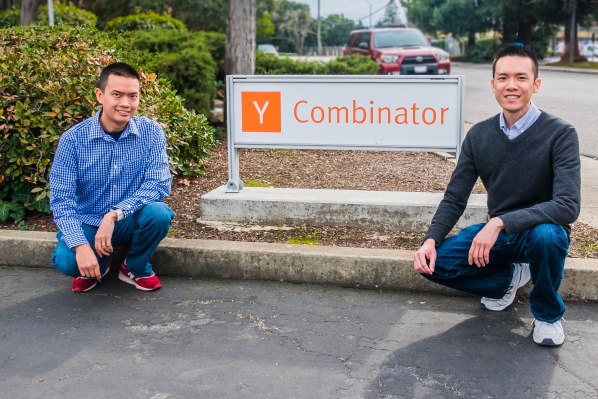Back in 2009 when we didn’t expect too much from AI, Cognition IP co-founder Bryant Lee decided to go to law school after studying computer science — but he still wanted to one day try to bring those two together.
Fast forward to 2018, when AI has completely exploded and is pervasive in pretty much every industry, and Lee now has that chance. That’s why he and his co-founder Andrew Tjang started Cognition IP, a new-style law firm that helps clients more efficiently create and file patents and deal with other kinds of patent law. But instead of relying on the endless man hours for lawyers trying to figure out if a patent is already out there, Cognition IP leans on algorithms to create a kind of topic graph around a subject and see if anyone’s filed something on it already. Cognition IP is launching out of Y Combinator’s 2018 winter batch.
“I realized people didn’t want a way to find a lawyer, they just wanted a lawyer [right now],” Lee said. “The way to do that was to have our own firm but make that more efficient. People kept asking me, why don’t you take my case? I was getting a lot of demand for patent services. I realized that I should just try to make that firm more efficient with my own technology. I realized that’s where a lot of demand was and I wanted to build this tech to help with that.”

The client experience is still the same — someone comes in and works with the team to file their patents and deal with anything related to that. The inventor gets a pretty seamless experience of putting together the paperwork through a simple dashboard, and the tools recommend what to put in that application. Once all that’s in there, the firm files it. Cognition IP charges a flat fee, banking on the idea that if the firm can streamline the process, they can take more cases and build a more robust business.
Cognition IP’s core tech is on the back end, helping lawyers be more efficient about finding if there’s anything out there and detecting some of the subtle tricks that are sometimes implemented to get patents through. Over time, the engine becomes smarter as it determines which topics are associated with each other, making the searches more efficient and getting a better understanding of what kinds of filings are already out there. Often times a lawyer deals with around 50 patent clients, but Cognition IP looks to double that efficiency (or go even higher as the technology and firm become more sophisticated).
There are, of course, many challenges going into this as a lot of companies (like Google, even) race to figure out the best way to create a more seamless patent law experience, whether that’s on the filing front or anything that comes after. And there are regular search engines like Google Patents, which would help firms already find prior art. Cognition IP’s hope is that it can successfully build a topic graph for the universe of patents out there to quickly see if there are potential issues with the patents in order to head off problems down the road.
“There isn’t a lot of work on the search for actual factual information in cases,” Lee said. “For patents, there’s a lot of patent-specific knowledge to use — there’s a trick lawyers use where you try to change some of the words, and the patent office can’t find the relevant prior art to invalidate it. We’re working to find synonyms based on the patent database, something that’s domain specific. Instead of keyword related, they’re semantics and based on the whole document and not just the keywords.”
